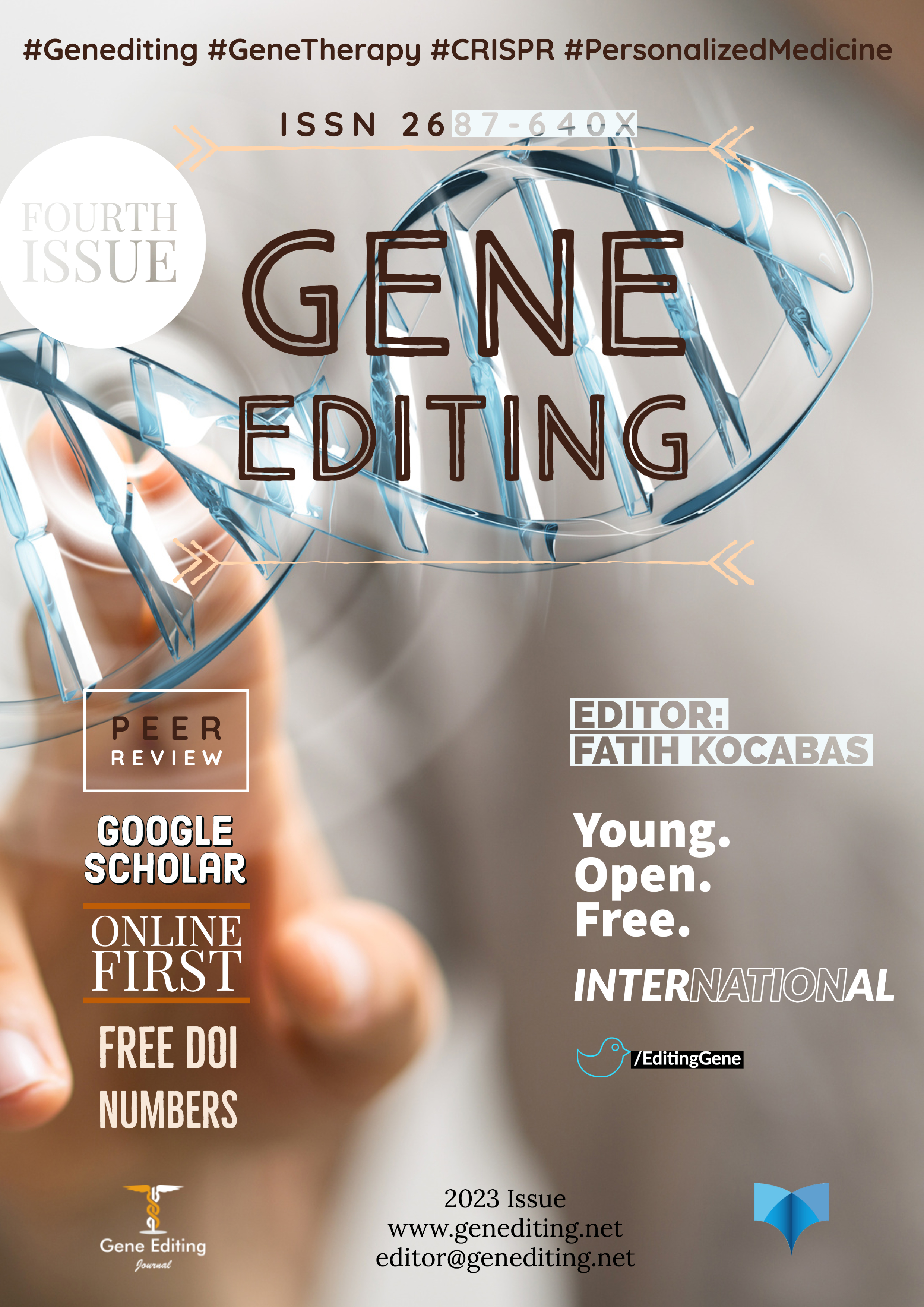Author :
Abstract
Keywords
Abstract
Allergy is the reaction of the immune system against the active substance entering the body. Drug allergy is caused by the entry of drug allergens into the body. Drug allergies are examined in two groups, Type A and Type B. Type A describes expected drug reactions and Type B describes unexpected drug reactions. Therefore, drug allergies are in the Type B category. Age, gender, past drug reactions, and genetic polymorphisms are important risk factors for drug allergy. Active drug substances are also particularly important for drug reactions, and drugs containing certain active substances are more prone to allergic reactions. Penicillin, cephalosporin, and fluoroquinolone active ingredients are especially important in beta-lactam antibiotics. At the same time, it is the examination of the use of different drugs belonging to the same group, without experiencing an allergic reaction, with only mild side effects. Especially if we think about the treatment method, CRISPR has been used successfully in various fields in recent years. According to a review study, there was a reduction in the rate of disease progression as a result of cloning research on mice with Type 1 diabetes using CRISPR technology and the disease-specific peptide. This technology may become available in the future by identifying the appropriate peptide group specific to the pharmacological groups for allergic reactions. In terms of diagnostic procedures, provocation tests and immunotherapy are still being studied clinically. As a future aspect of this review, targeted cell or drug content modification using CRISPR may become available for overcoming the allergy.





